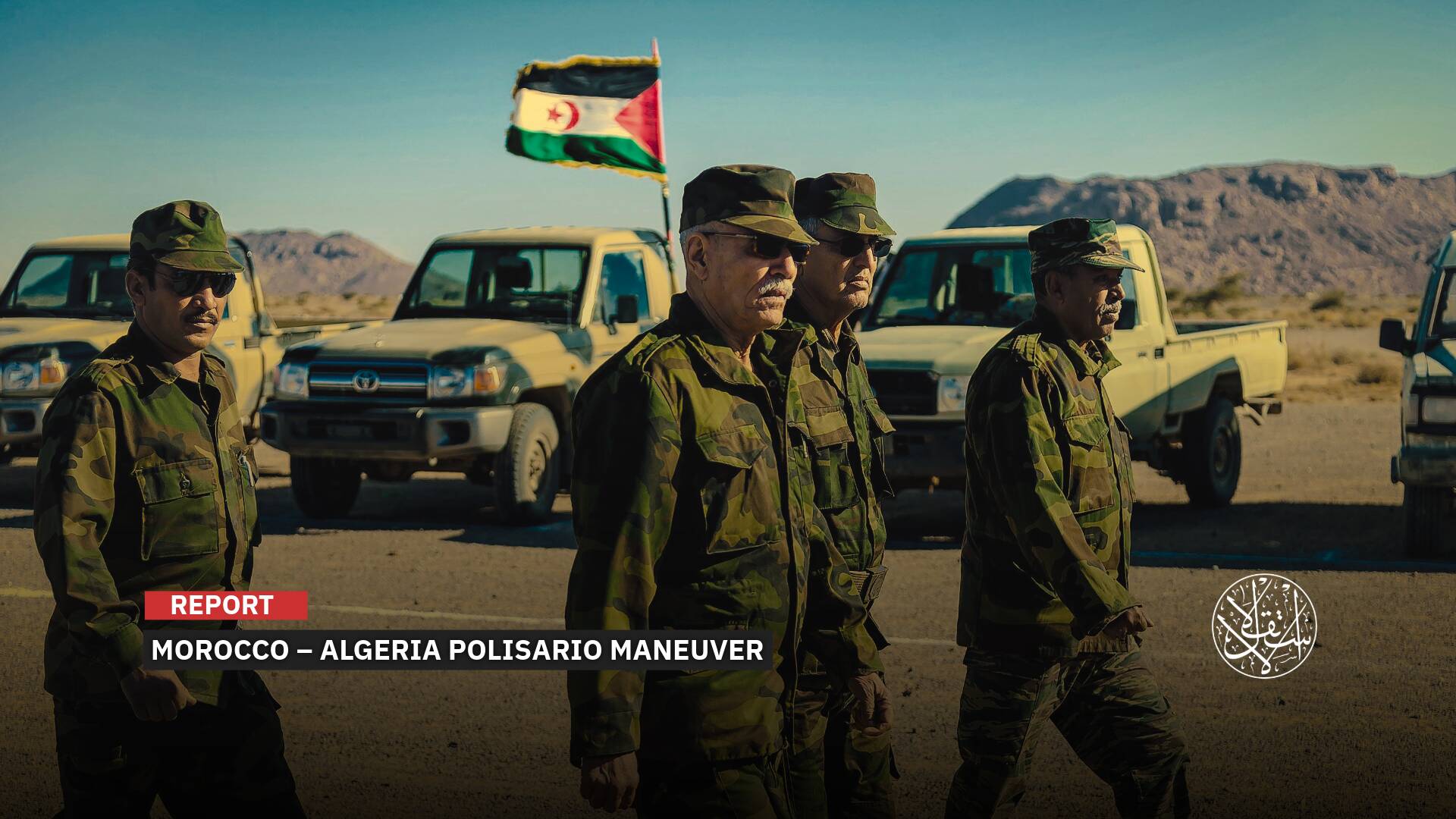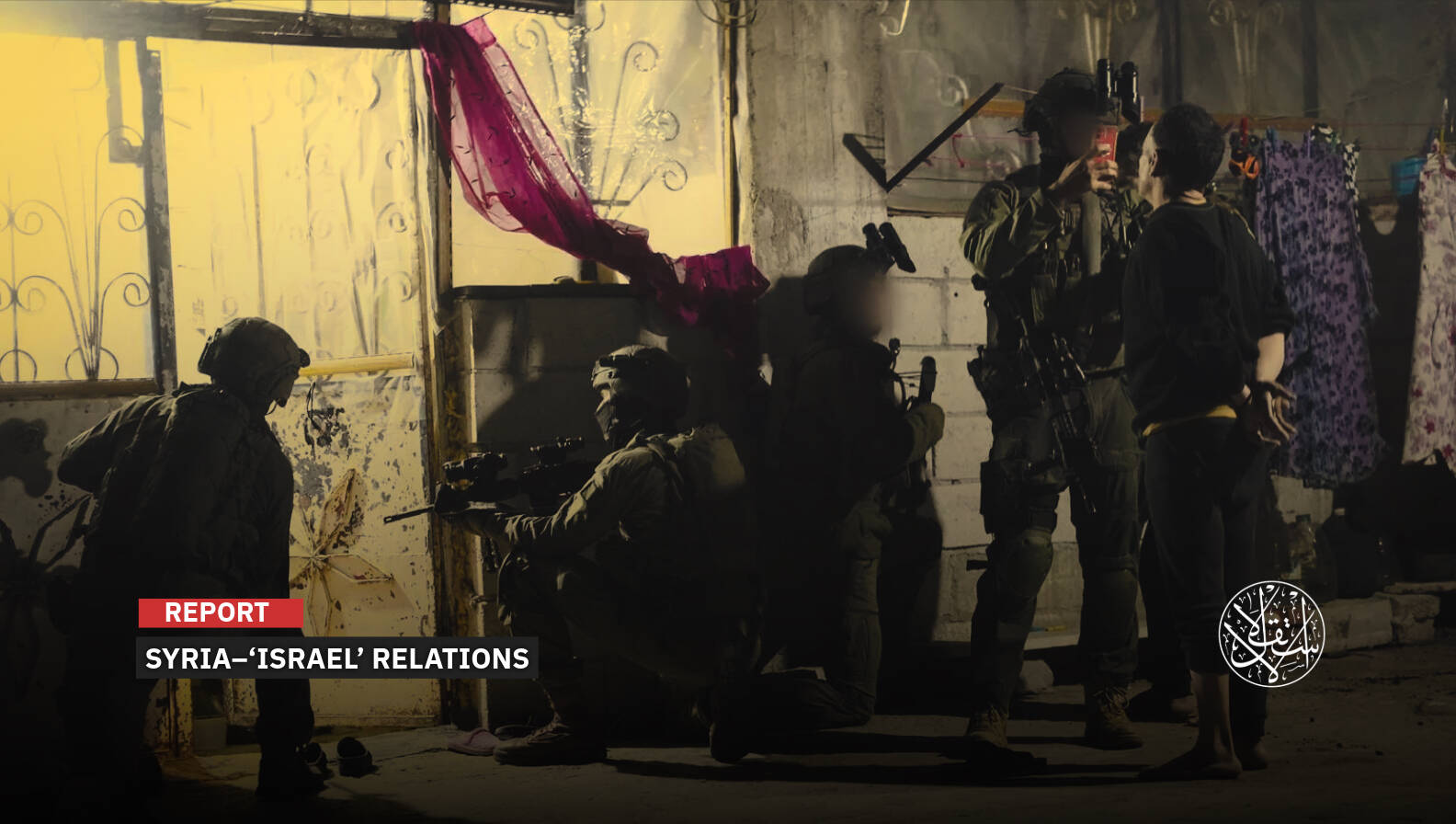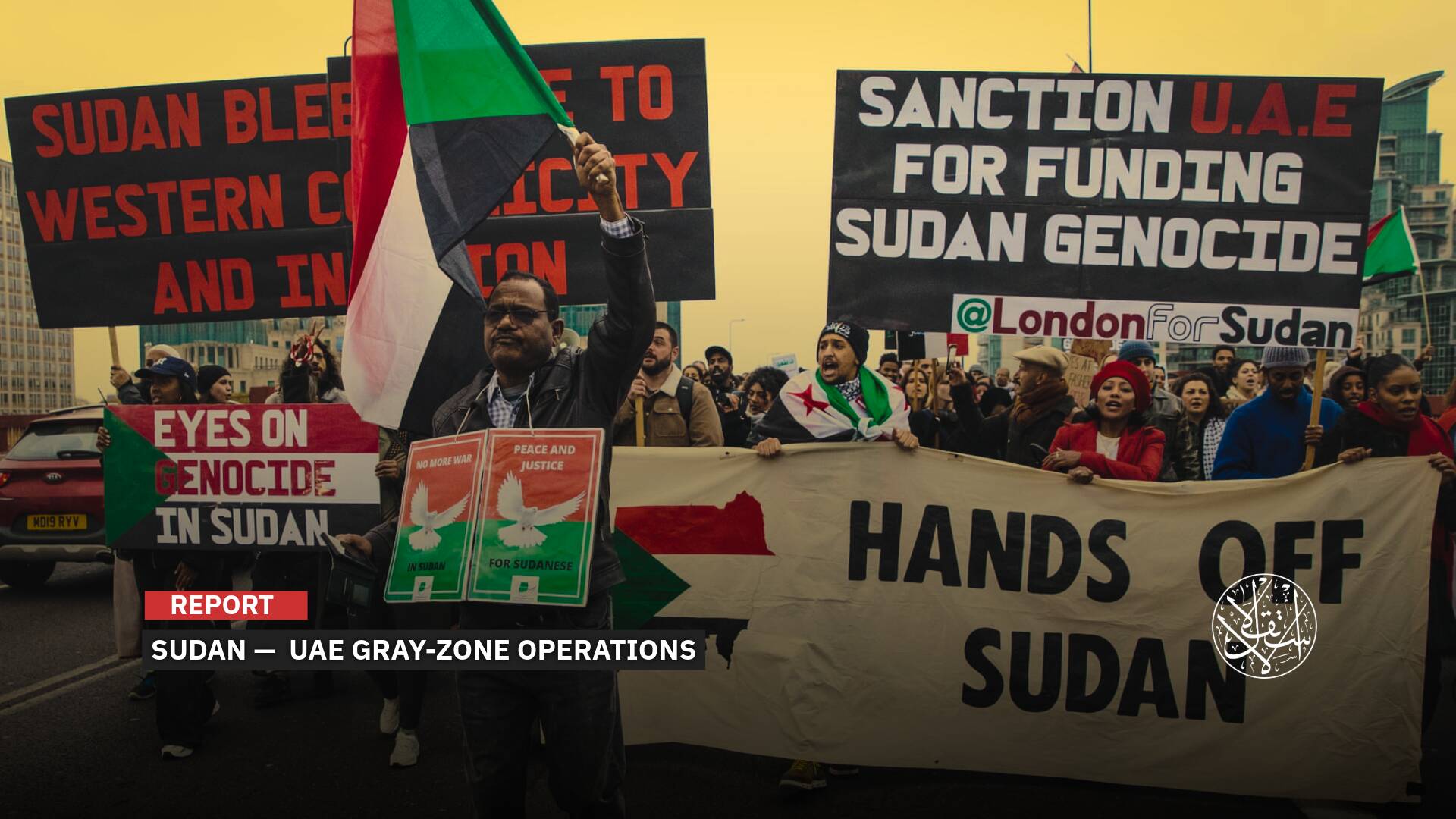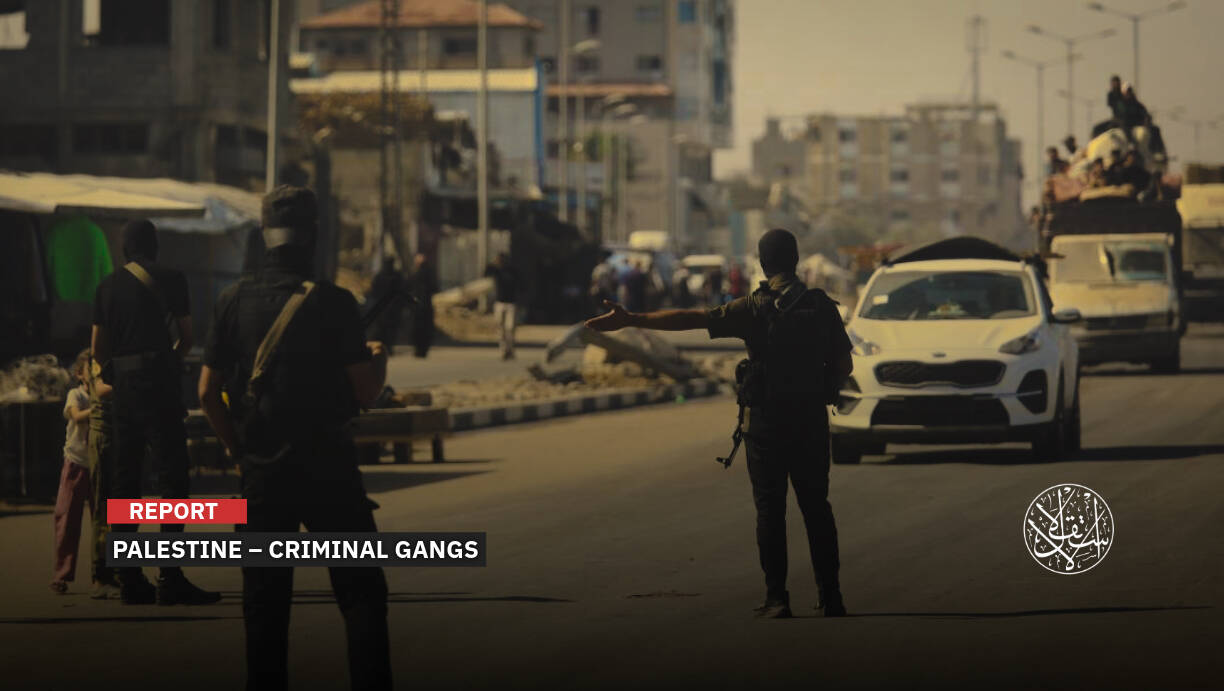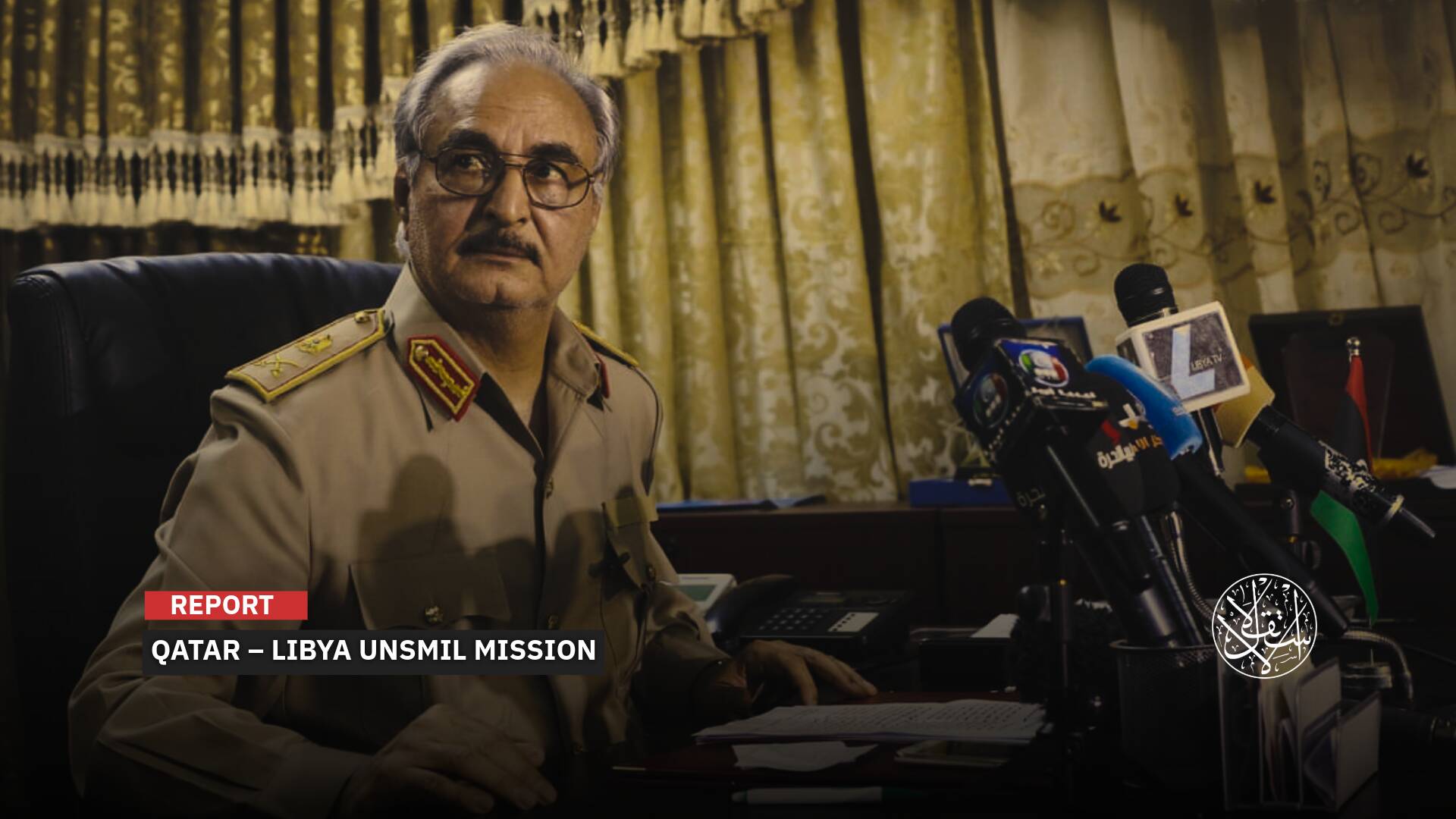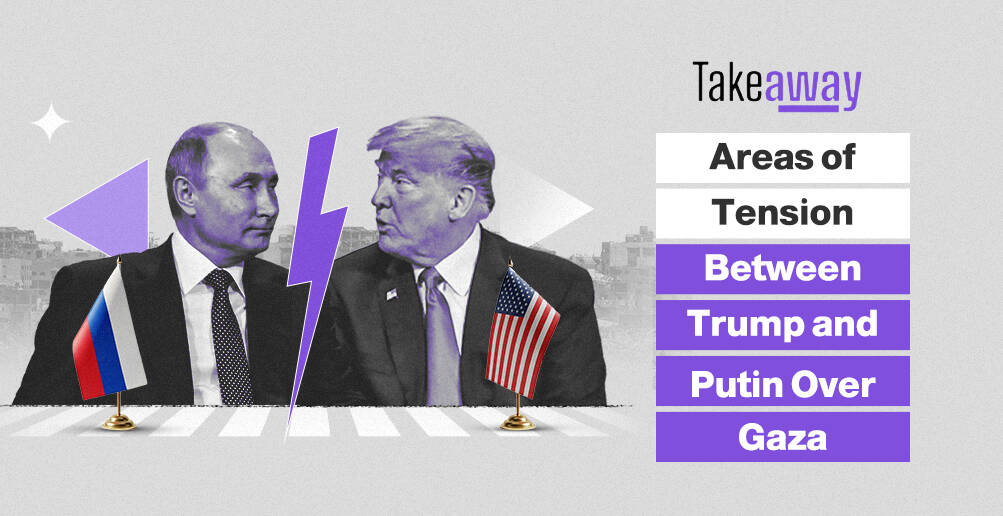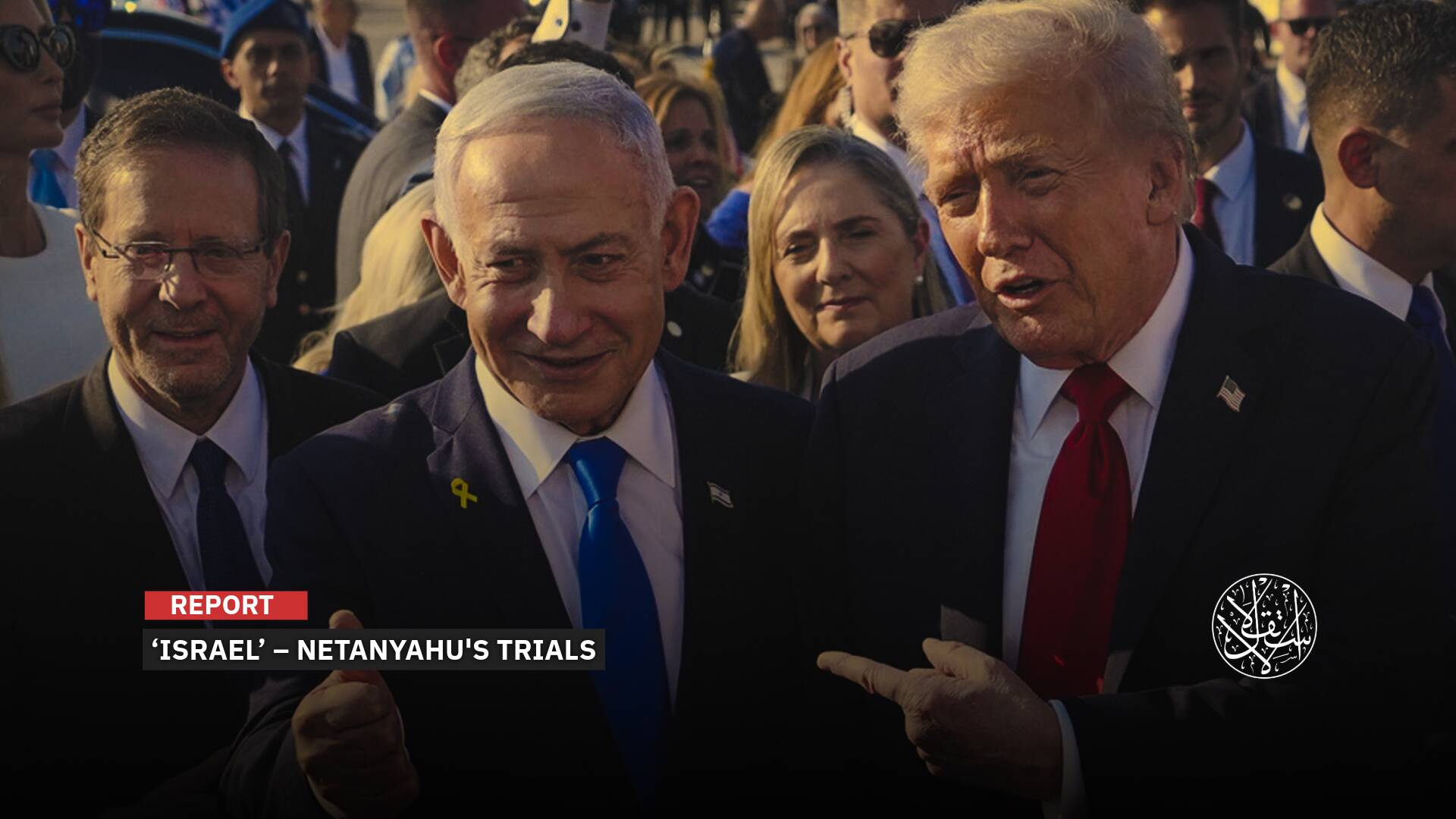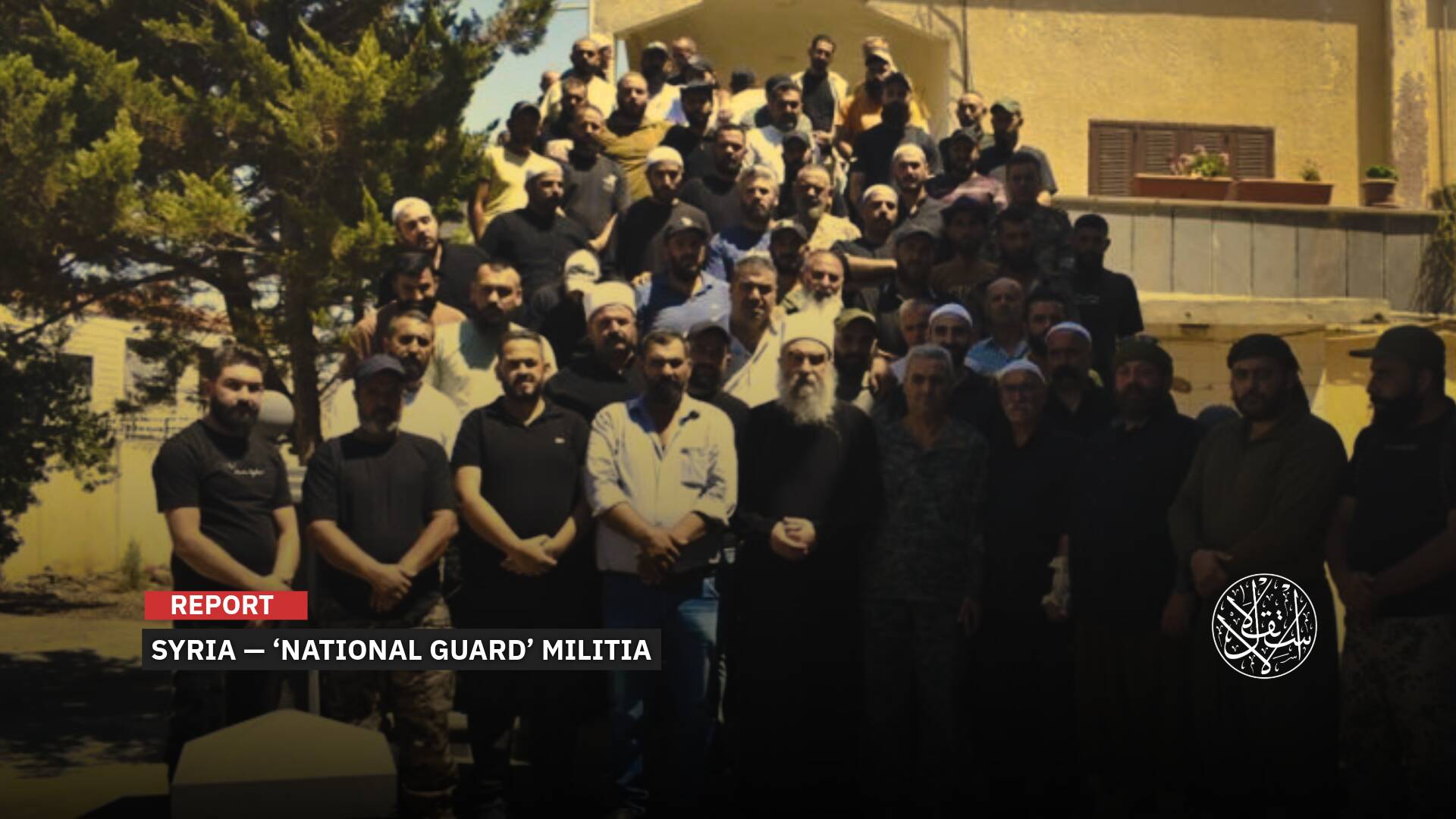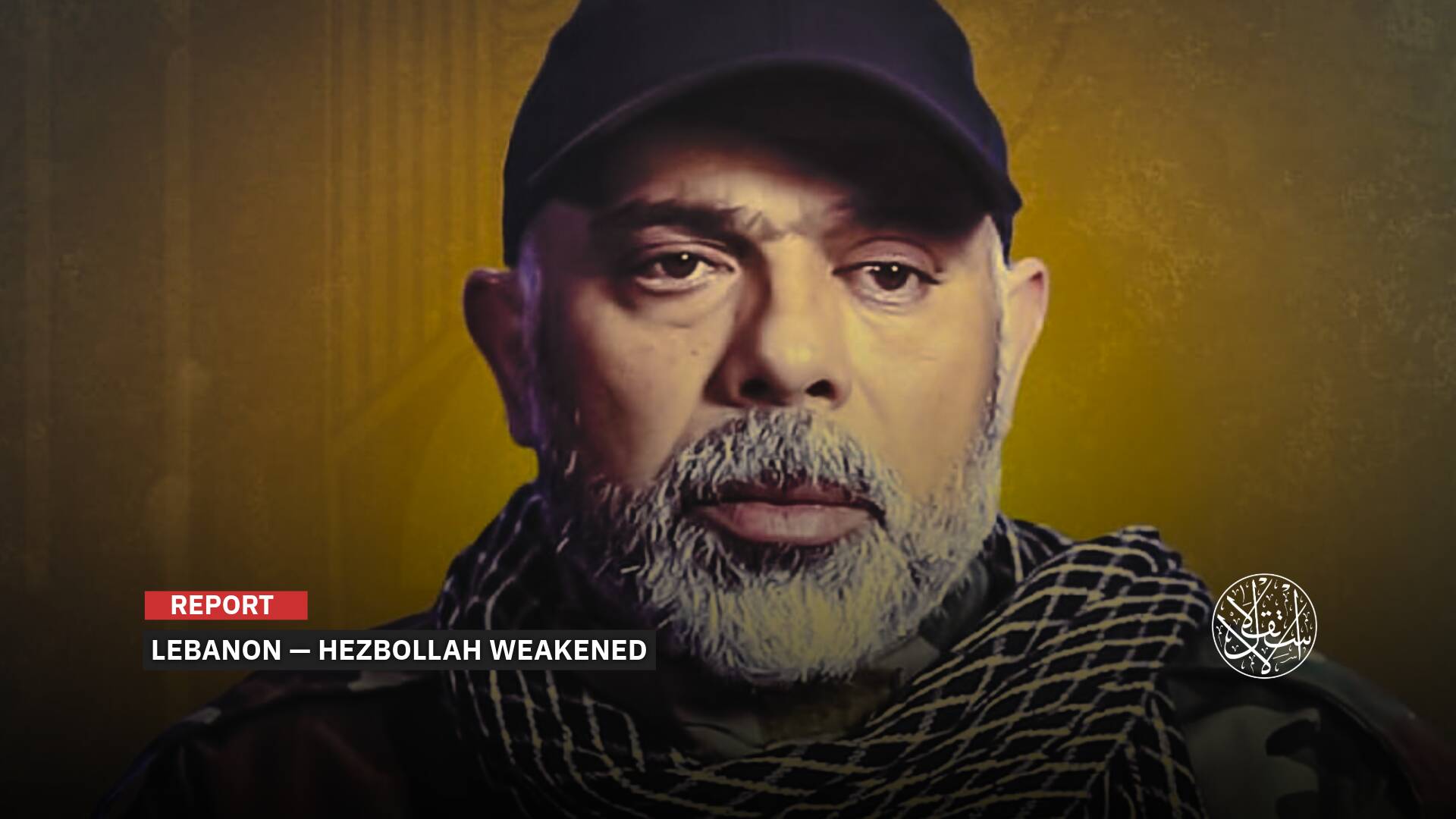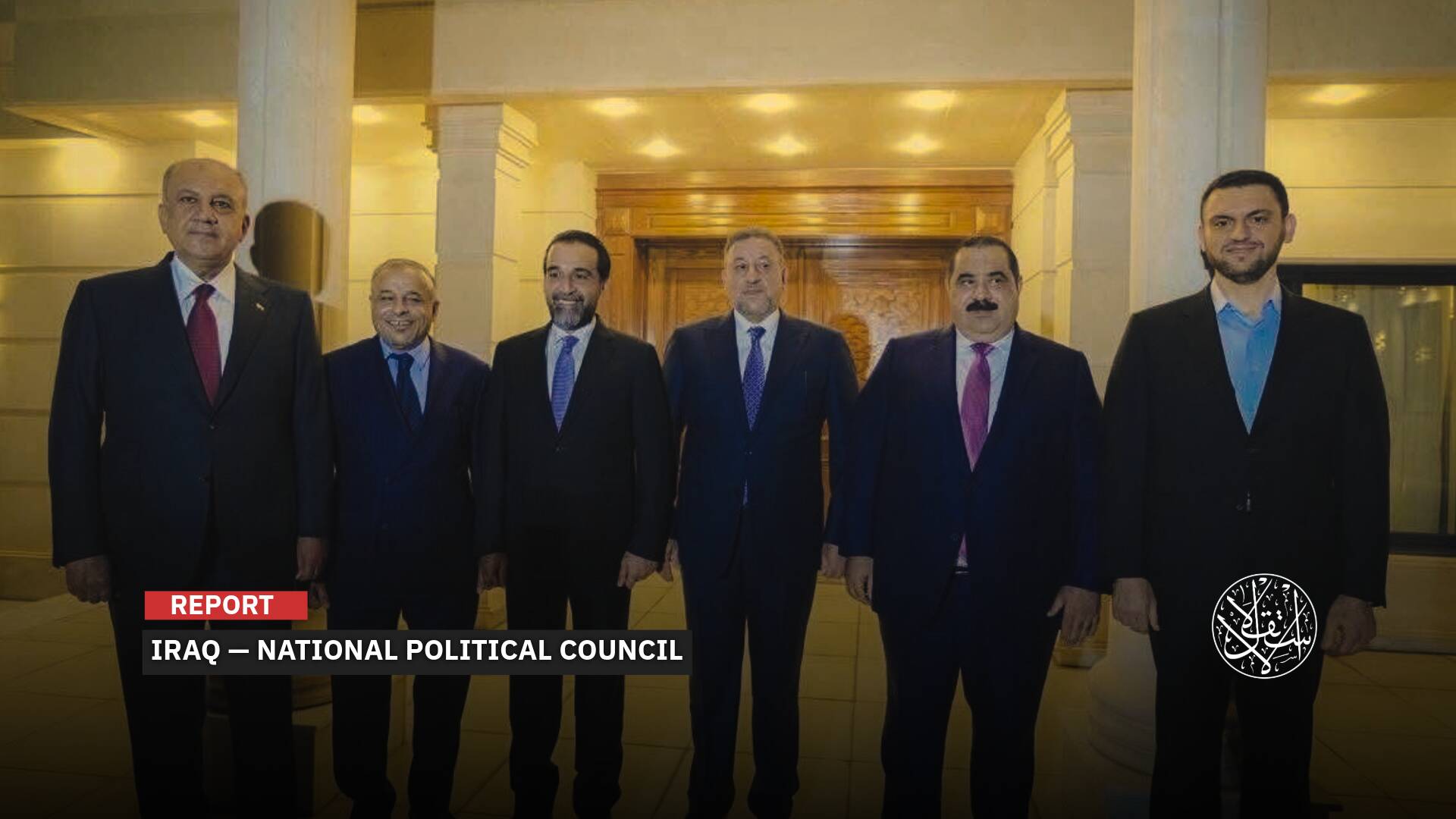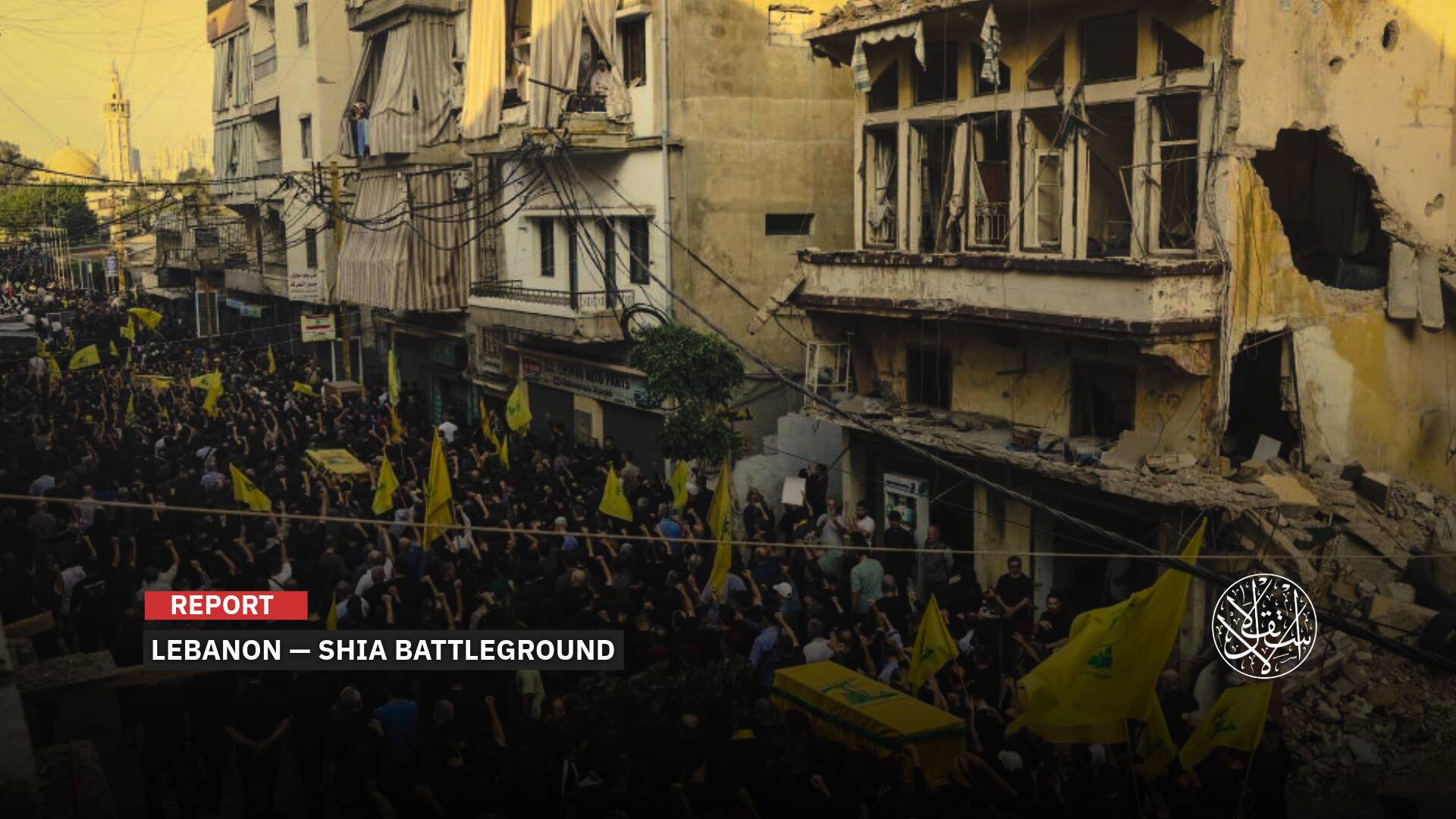Organizing the Jewish Community in Morocco — An Attempt to Deepen Loyalty to Rabat or 'Tel Aviv'?

In order to manage the Moroccan Jewish community's affairs, take care of its intangible heritage as a component of Morocco's culture, and strengthen the connection of Moroccan Jews living abroad with their country, Moroccan King Mohammed VI approved the formation of the community's regulatory bodies.
On July 13, 2022, the Moroccan Royal Palace said that at the conclusion of the work of the Council of Ministers, which was convened in an extraordinary session headed by the King in his palace in Rabat, Interior Minister Abdelouafi Laftit presented the measures that have been prepared in implementation of the Royal High Instructions regarding the organization of the Moroccan Jewish community.
He added in a statement that these measures derive their spirit from the great trust that the King gives to guarantee the freedom to practice religious affairs for all Moroccans, regardless of their religious beliefs, and the dedication of the Hebrew tributary as a component of Moroccan culture, which is rich in its multiplicity of tributaries.
The statement added that the system, which was prepared after extensive consultations with representatives of the Jewish community and affiliated figures, includes three institutions.
The first is the National Council of the Moroccan Jewish Community, which manages the community's affairs and preserves the Jewish religion's heritage and cultural and ritual radiation and its authentic Moroccan values.
The second institution is the Committee of Moroccan Jews Abroad, which works to strengthen the bonds of this group's connection with their country of origin, enhance their religious and cultural radiation, and defend the higher interests of the Kingdom.
The third is the Moroccan Jewish Foundation, which is keen on promoting and taking care of the Moroccan Jewish intangible heritage, preserving its traditions, and preserving its privacy.
New Reality
Morocco's decision to adopt councils concerned with managing the affairs of the Jewish community inside and outside the country raises questions about the reason behind Morocco's attention to Jewish institutions and what this step have to do with the normalization of relations between Morocco and "Israel."
Is Rabat afraid of Zionism's penetration of the Moroccan community and its transformation into an Israeli community in the Kingdom?
Jeune Afrique said that the reason behind the reorganization of Jewish institutions in Morocco is the introduction of the current legislation in addition to the new diplomatic situation.
On August 3, 2022, the French newspaper said in a report that this development was expected because the law of May 7, 1945, related to the reorganization of the Israeli community committees, seemed outdated.
It explained that this law was enacted during a period when about 200,000 Jews lived in Morocco, while today, there are approximately 3,000.
This number was more than a quarter of a million Jews until the end of the forties of the last century, after which those families began to immigrate either towards occupied Palestine, which today includes about one million Moroccan Jews or to Europe and North America.
Myriem Khrouz, president of the Friends of Moroccan Judaism (AJM), told the magazine that it has become necessary today to create new institutions adapted to the new reality.
In turn, the Vice President of the Moroccan Jewish Memory Association explained that the organization of that community in the country will from now on be subject to Moroccan institutions at the national level, each of which has a specific area of competence.

He pointed out that the non-institutional presence of a large Jewish community may sometimes lead to the emergence of inappropriate initiatives both in the national territory and abroad.
Commenting on the reorganization of the Jewish community, Aziz Hanawi, Secretary General of the Moroccan Observatory Against Normalization, stressed that it is the state's duty to organize any group in society, sect, or central or local geographic area, noting that this is a matter that is at the core of the state's competencies and powers.
Hanawi added, in an interview with Al-Estiklal, that it is logical to organize this sect.
For his part, Rachid Dounas, a researcher in contemporary history who holds a doctorate in a subject related to the history of Moroccan Jews, said that the state's move comes from the premise of strengthening the Hebrew-Moroccan component, as it is an integral part of the collective memory of the Kingdom, and its broad multicultural social fabric.
He said that bold decisions will allow Moroccans in general, regardless of their religious and ethnic backgrounds, to deal with a rich part of their collective memory within the framework of Moroccan privacy, said Dunas.
Rachid added that these decisions come to recover what has passed and, at the same time, would provide institutional conditions that help in framing cultural, scientific, and artistic activities and events that would enable Morocco to become a soft power and an ideal space for incubating projects of dialogue and interculturality between cultural and ethnic backgrounds.
The Moroccan thinker Abdul Samad Belkabir considered, in his interpretation of the background to the reorganization of the Jewish community, that the world suffers, as it always has, from its failure to control "Israel" that does not respect agreements and United Nations resolutions, adding that "Tel Aviv" is pushing the world towards a global war.
In an interview with Al-Estiklal, Belkabir explained that "there are multiple pieces of evidence confirming that there is no future for Israel," noting that "the capitalist West expelled the Jews as a crisis from the West and employed them to serve its strategy in the Arab region, and they, in turn, served their own purposes and the goals of the West."
He added: "It now appears that Israel's first original job has failed and ended, as what the United States spends on it annually (3 billion dollars) has become costly, which is less than what Washington spends on aircraft carriers."
Disappearance or Incursion
Belkabir believes that all the data confirm that this entity is about to disappear, and therefore they are looking for solutions, noting that "among the most important solutions today is Morocco."
He added: "Moroccan Jews in Israel make up about one million, and the Moroccan conditions are very suitable not only for them but also for the relationship with the United States of America."
He pointed out that there was a decision of the Arab Summit Conference in Khartoum that the Arabs committed themselves to open the doors of the return of the Jews who emigrated or were displaced from the Arab countries to occupied Palestine.
Belkabir believes that in addition to Morocco's commitment to this matter, it opens the door to another million Jews, in addition to about a million of Moroccan origin in occupied Palestine.
The Moroccan thinker said: "This is a deal, but not in a negative sense," noting that "the recovery of the [Western] Sahara is subject to some concessions that may be temporary, but we restore our unity."
Belkabir indicated that "what is happening today is not to convince the Moroccans of the return of the Jews, but rather to persuade them to leave occupied Palestine."
He added that "there are attempts to persuade the Jews to return to their homelands from which they migrated or were displaced through a propaganda campaign to attract them and to provide the maximum possible guarantees to return to their original homelands."
In turn, the general writer of the Moroccan Observatory against Normalization, Aziz Hanawi, believes that what is exciting about the reorganization of the Jewish community is the unusual context in which this is taking place.
He added that "the separation of this public decision to organize the sect from the political context in the past 20 months is a coercive and unjust separation."
"Our fear, as civil society and as Moroccans, is that the Jewish community, in general, will be linked to the American Zionist system after the normalization of doom."

Hanawi expressed his fear of "linking the organization of the Jewish community, especially after the general link, organizationally by including the Moroccan Jewish component in Israel within this system." He added: "This is called the Moroccanization of a Zionist component, not a Jewish component.
"Moroccanization, nationalization, constitution, and institutionalization are taking place for an Israeli component inside Morocco, and this we deduce from everything that happened after the signing of the normalization doomsday agreement."
Hanawi believes that "instead of recovering the Moroccan Jewish component from the bosom of the Zionist entity by returning them permanently to the country according to a methodology that ensures their disengagement from it, it is taking place in an accelerated and systematic manner, the Moroccanization of the Zionists of Moroccan origin in occupied Palestine in exchange for the process of Israelization of the residents of the Kingdom from them."
"Instead of leaving the occupied land and settling the matter legally within the framework of leaving the land of Palestine and stopping the occupation in its Moroccan part, an agenda is being launched to family and Zionist about 3,000 Moroccan Jews."
He revealed that "this agenda is taking place through a noticeable and repeated intensification of Zionist leaders' visits to synagogues in Morocco, and through the Jewish community's receipt of the Zionist army's shield from the hands of the Chief of General Staff, Aviv Kochavi, in the heart of the Jewish temple in Marrakesh."


